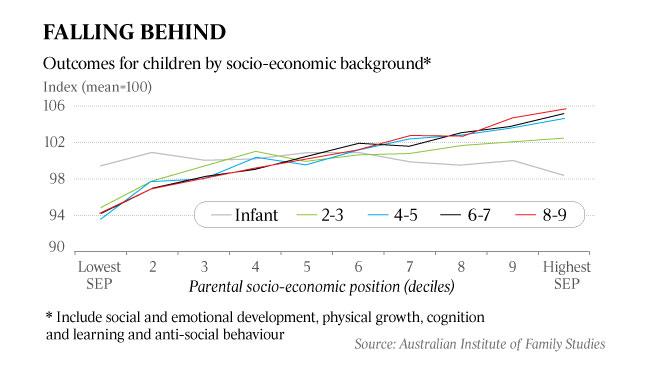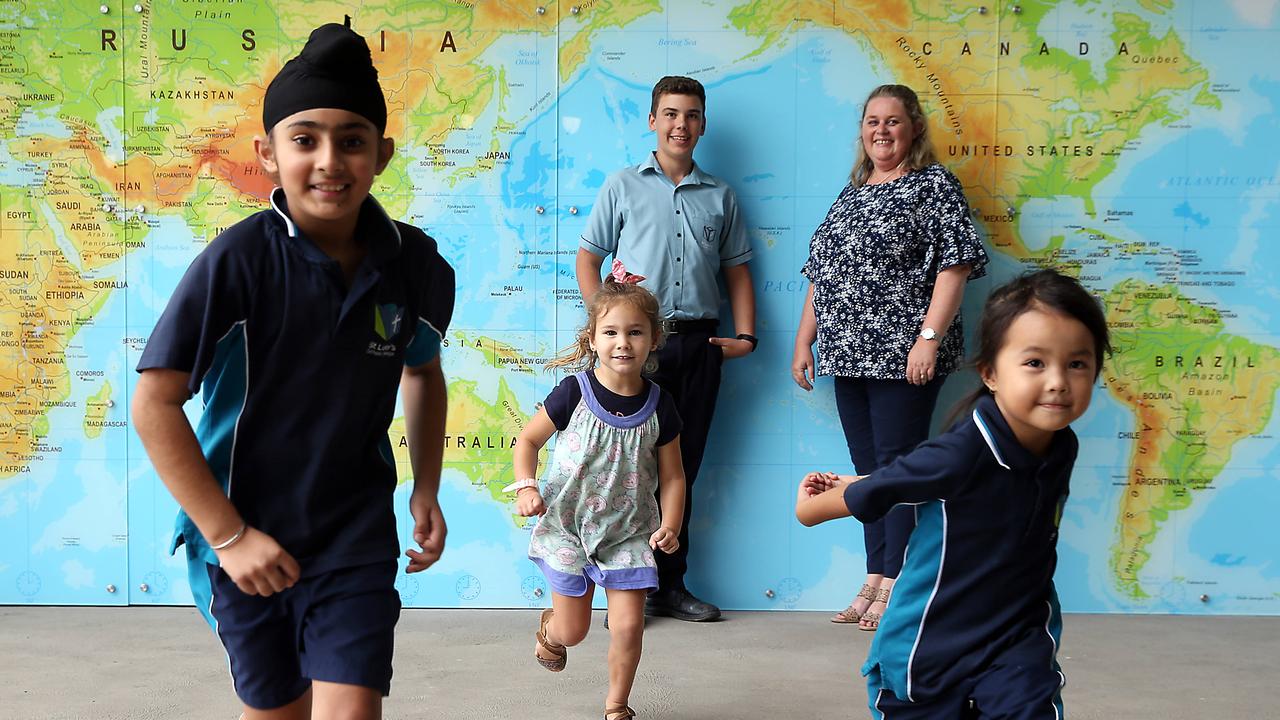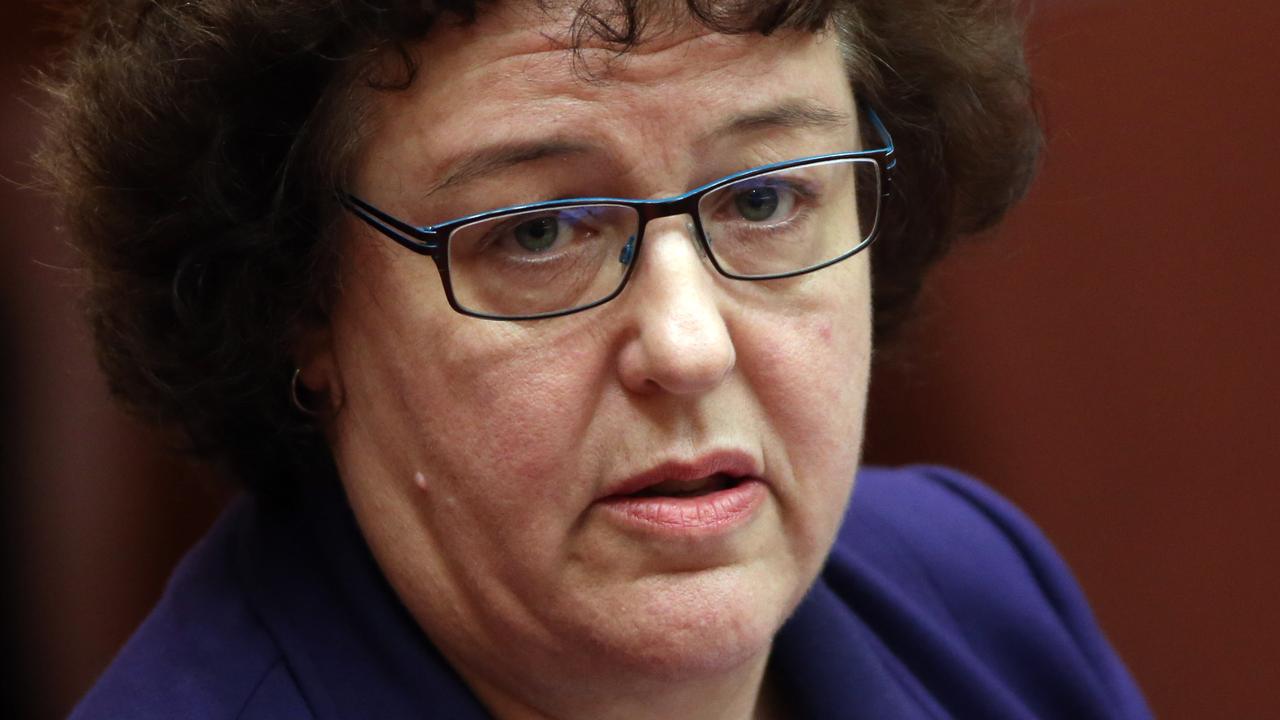Poor kids the losers in learning stakes
BY age two or three, discrepancies have emerged in the social and emotional development of Australian children.

THEY are born equal, but even by age two or three massive discrepancies have emerged in the social and emotional development, cognition and learning of Australian children, depending on whether they are from rich or poor households.
A new analysis by the Australian Institute of Family Studies shows the gap increases further at four to five years of age, and is maintained thereafter.
And boys have considerably worse outcomes than girls, it finds.
Presenting the research at a welfare conference in Canberra today, AIFS director Alan Hayes will suggest his analysis of the latest data from the Longitudinal Study of Australian Children (which has tracked kids up to the age of nine) highlights the need for targeted "early intervention" programs to help poor households bridge the chasm.
"In the first few months after birth there is very little difference," Professor Hayes told The Australian.
"Whether it's an enriched environment the child is in or not, they have pretty much the same social and developmental outcomes.
"But already in that first two to three years the differences quickly emerge when you compare the lowest income group to the highest. This gradient continues to increase rapidly in the years before school and, while it doesn't seem to grow wider in the early years of primary school, it is at least maintained."
Professor Hayes said this meant that "kids at the lower end of the spectrum are really behind the eight-ball from even before school starts".
"It is like we have a two-speed childhood in this country."
He said the data showed worse outcomes for boys than girls, particularly in terms of school-readiness and anti-social behaviour. "Girls are perhaps a little more buffered because they tend to be more linguistically advanced and socially developed, and also more engaged with their mothers, while boys tend to be more vulnerable," Professor Hayes said.
The findings are evidence of the need for more early intervention and targeted services, he said, pointing to the success of some existing national programs such as Communities for Children, which supports parents with early learning programs and parenting education classes.
Social Inclusion Minister Tanya Plibersek said yesterday that improving the life chances of children at risk of long-term disadvantage was one of her government's priority areas.
Ms Plibersek said that despite a strong economy there were parts of Australia where people lived in entrenched disadvantage.
She released a report yesterday, Foundations for a Stronger, Fairer Australia, highlighting government initiatives in the area, including the Australian Early Development Index, introduced in 2009, which gives a snapshot of how children have developed by the time they start school.
"The government is examining the AEDI results to better understand the needs of young children across Australia to determine what changes are needed to give all kids the start in life they deserve," the report said.


